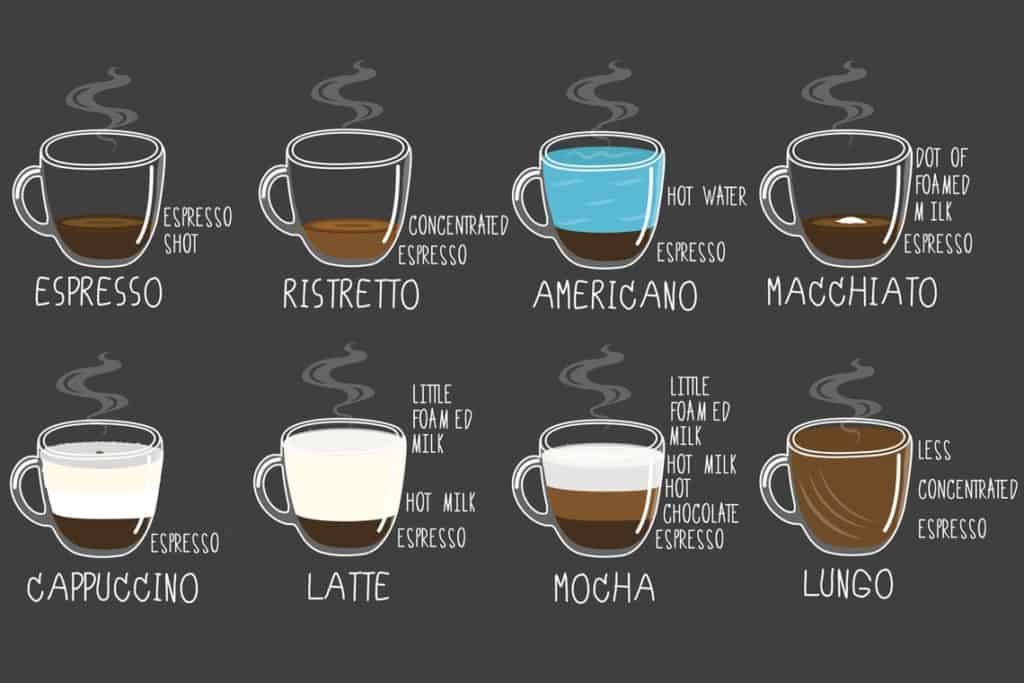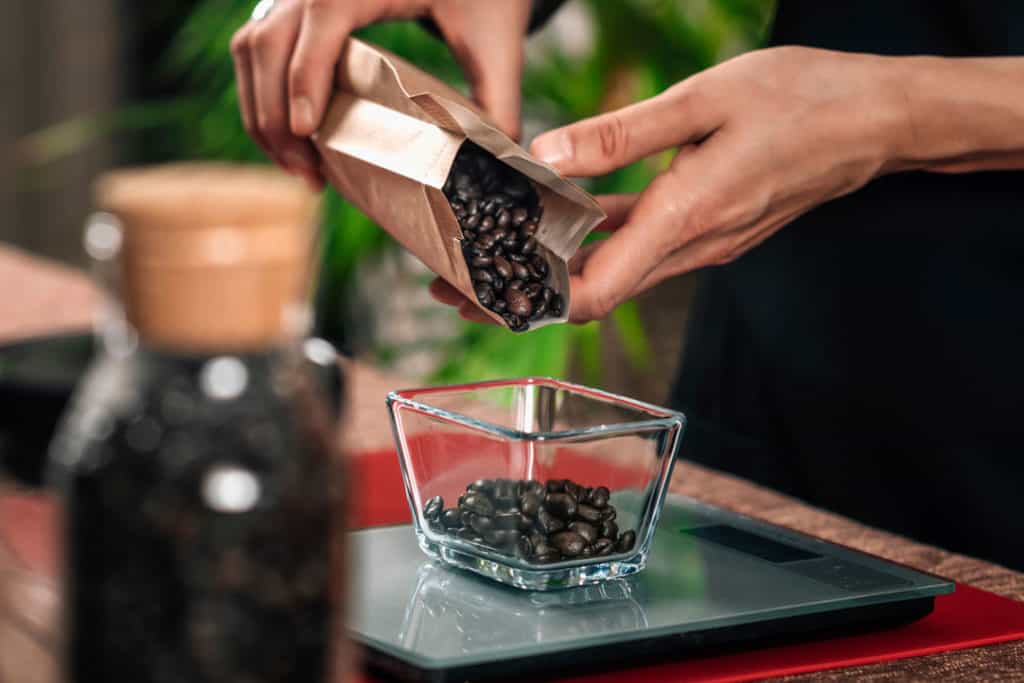Are you tired of drinking coffee that’s too bitter? Well, you’re not alone. Bitterness in coffee can be a turn-off for many people.
However, before you ditch your morning cup of joe altogether, it’s important to understand that a bit of bitterness is actually a desirable quality in coffee. That being said, there are certainly times when coffee can be too bitter, and in this post, we’ll explore why that might be and what you can do to fix it.
A bit of bitterness is good for your coffee
Firstly, let’s talk about bitterness in moderation. A moderate amount of bitterness is actually a crucial component of a good cup of coffee. It adds a depth of flavor and complexity that would otherwise be lacking. Without it, coffee would taste flat and one-dimensional. However, the key word here is moderation. Too much bitterness can ruin the experience and leave a bad taste in your mouth (literally).
It’s also worth noting that people have different sensitivities to bitterness. Some people may be more sensitive to it than others, so what tastes bitter to one person might not taste bitter to another. If your coffee always tastes too bitter, you might fall into the category of people who are more sensitive to bitterness.
Where does the bitterness in coffee come from?
So, what are the causes of bitterness in coffee? There are two main culprits: the coffee beans themselves and the brewing process.
Starting with the beans, there are a few factors that can contribute to bitterness. Firstly, over-roasting the beans can lead to bitterness. When beans are roasted for too long, the sugars inside start to caramelize and can turn into bitter compounds. Secondly, low-quality beans can also contribute to bitterness. Beans that are old, moldy, or improperly stored can produce a bitter taste.
Low quality coffee beans make a bitter coffee
Firstly, it’s important to understand that low-quality coffee is more likely to be bitter than high-quality coffee. This is because low-quality coffee often has defects or is not roasted properly, which can result in an unpleasant bitter taste. To prevent bitterness, it’s important to choose high-quality coffee beans from reputable sources.
Choose a lighter roast
Another factor that contributes to bitterness is the roast level of the coffee beans. The darker the coffee bean, the more bitter it will be. This is because the roasting process breaks down the natural sugars in the coffee, which can result in a more bitter taste. If you prefer a less bitter taste, it’s best to choose lighter roast coffee beans.
Use a coarser grind
Your coffee might also be bitter because the beans are ground too fine. When the coffee is ground too fine, it can over-extract and result in a more bitter taste. To prevent this, it’s important to use the right level of grind for your chosen brewing method. For example, if you are using a French press, you’ll want a coarser grind than if you are using a drip coffee maker.
Brew for a shorter time
In addition to the grind level, you can also reduce bitterness by shortening the brewing time. If you’re using a French press, for example, you can reduce the brewing time by a few seconds to prevent over-extraction and bitterness.
Geographical origin of beans matters
The geographical origin of coffee beans can have a significant impact on their taste and bitterness. The climate, soil, and altitude of the region where the coffee is grown all play a role in determining the flavor profile of the beans.
For example, coffee grown in South America tends to be milder and less bitter than coffee from Africa or Indonesia. This is because South American coffee is often grown at lower altitudes and in more temperate climates, which results in a more balanced flavor profile with less bitterness.
On the other hand, coffee grown in Africa and Indonesia tends to be more intense and bitter, with a robust and bold flavor. This is because these regions have higher altitudes and more extreme climates, which can result in a more complex flavor profile that includes a higher level of bitterness.
Choose a different coffee bean variety
In addition to the region, the specific variety of coffee beans can also play a role in determining the bitterness of the coffee. For example, the Bourbon variety of coffee bean is known for its low bitterness and balanced flavor, while the Robusta variety is more bitter and has a stronger, more intense flavor.
Finally, it’s important to consider the type of coffee beans you are using. There are two main types of coffee beans: Arabica and Robusta. Arabica beans are known for their smooth, less bitter taste, while Robusta beans are often more bitter. If you want to avoid bitterness, it’s best to choose Arabica beans.
Brew with water at the correct temperature
Moving on to the brewing process, there are a few things to keep in mind. Firstly, using water that’s too hot can extract bitter compounds from the coffee beans. Ideally, water temperature should be between 195 and 205 degrees Fahrenheit. Secondly, over-extraction can also lead to bitterness. This occurs when the coffee is brewed for too long or when too much coffee is used relative to the amount of water.
Of course, if you’ve tried all of the above and your coffee still tastes too bitter, you can always hide the bitterness with sugar, milk, or cream. However, keep in mind that this won’t fix the underlying issue, and you’ll still be drinking a subpar cup of coffee.
Conclusion
A bit of bitterness is a desirable quality in coffee, but too much can ruin the experience. Bitterness can be caused by both the beans and the brewing process, but there are steps you can take to mitigate it. If all else fails, you can always add sugar, milk, or cream to hide the bitterness, but it’s better to fix the root cause if possible.
Last Updated on May 29, 2023 by Cristina Vélez




